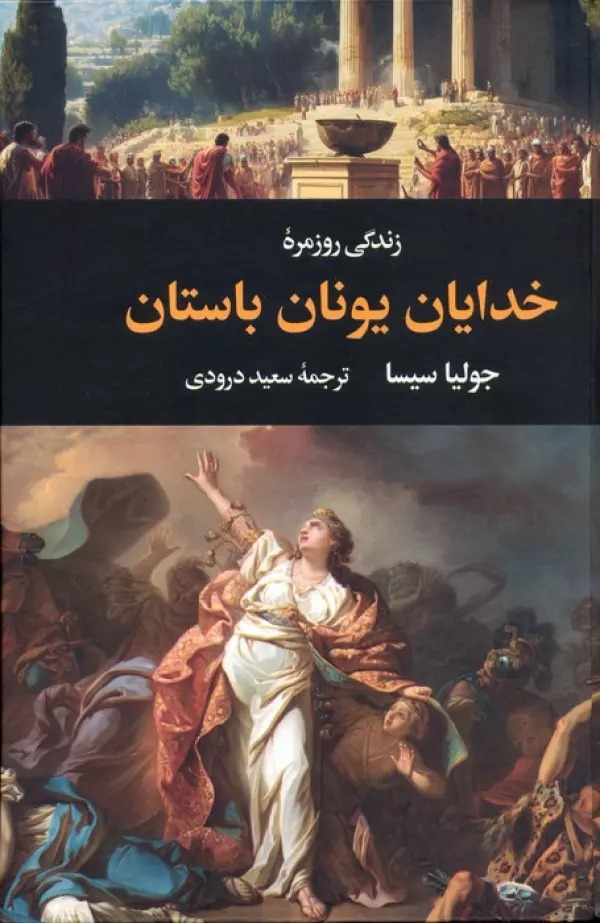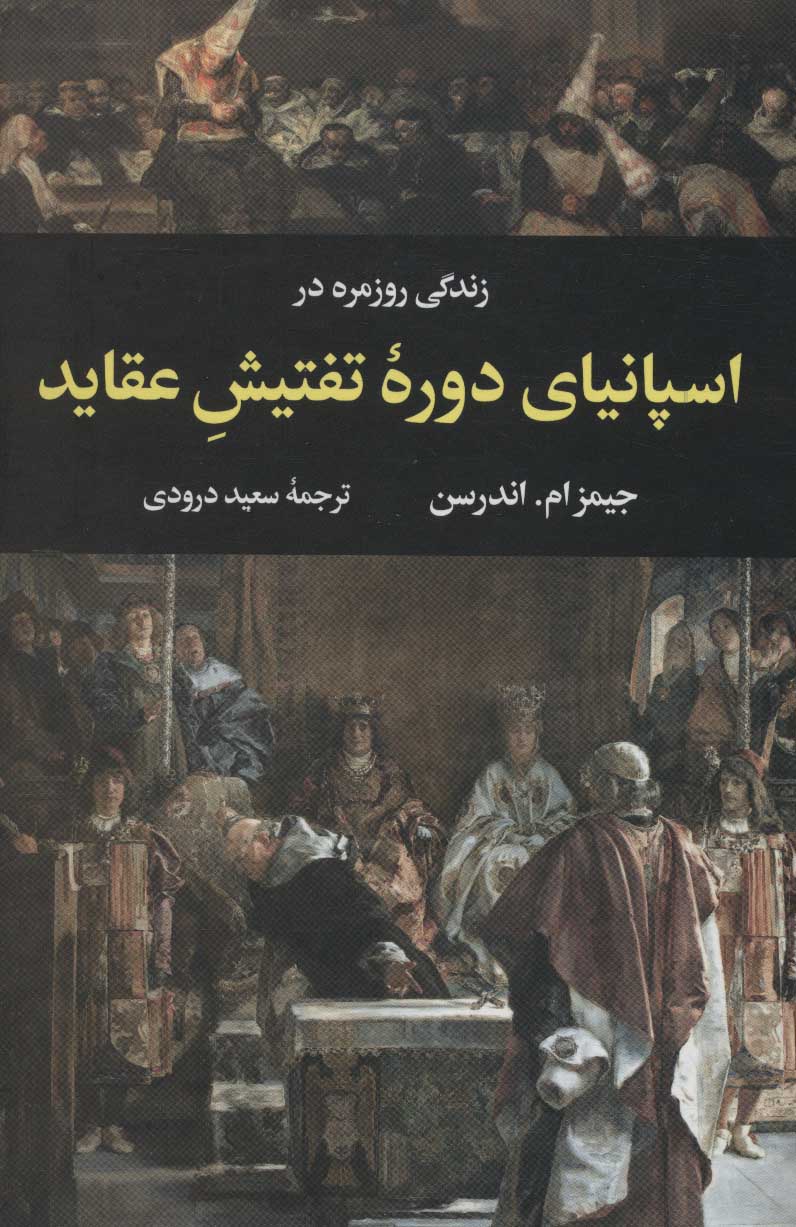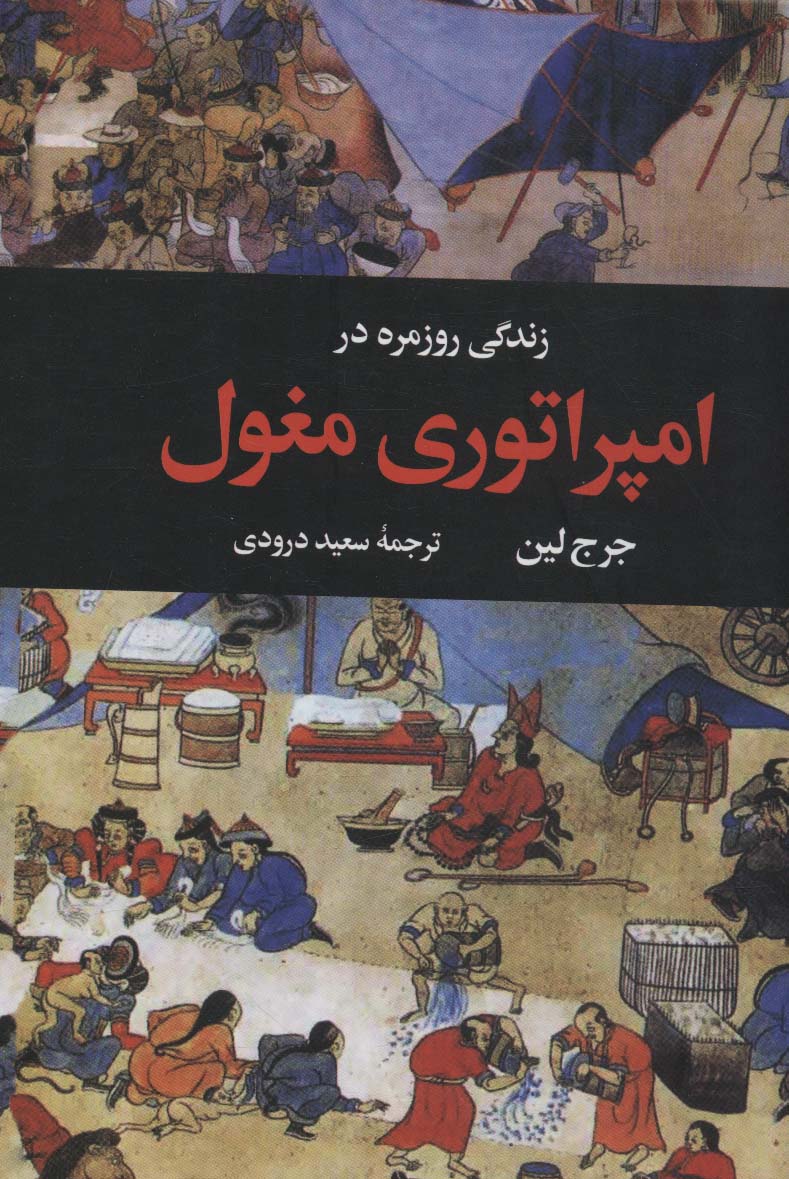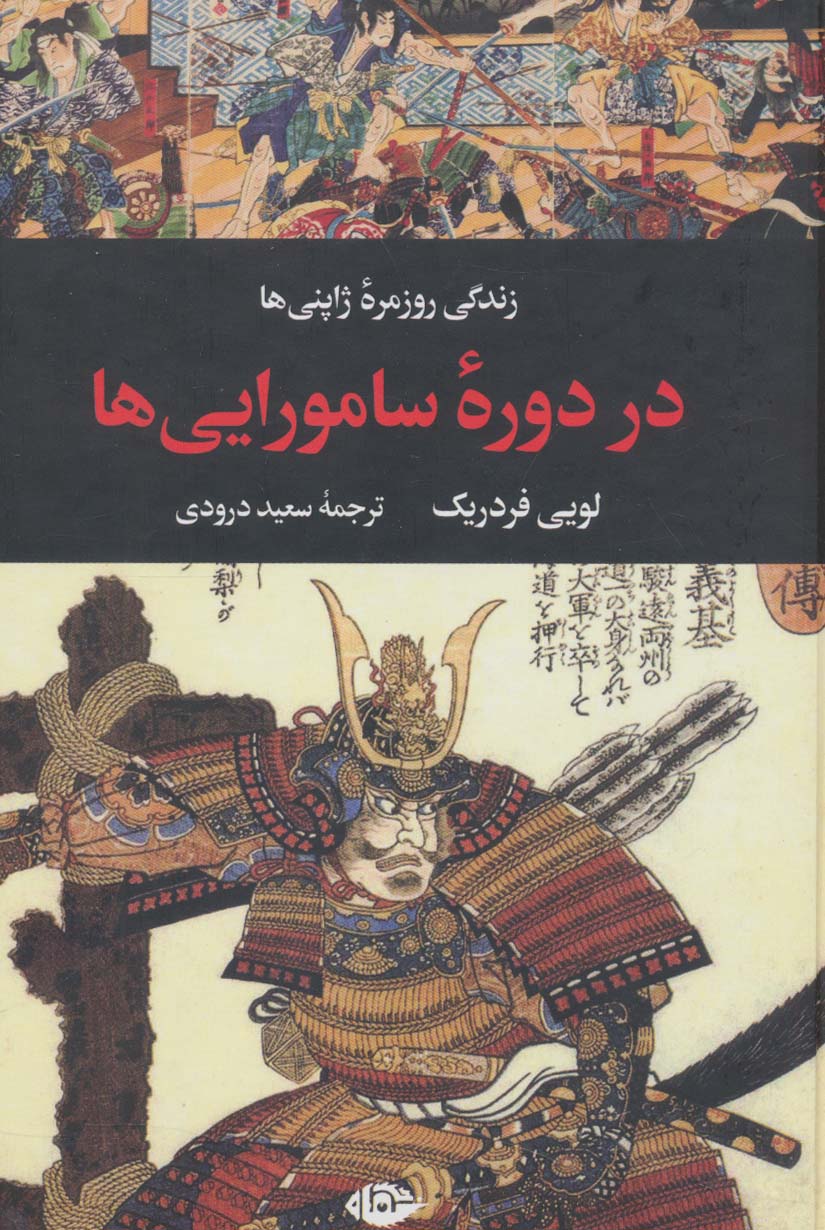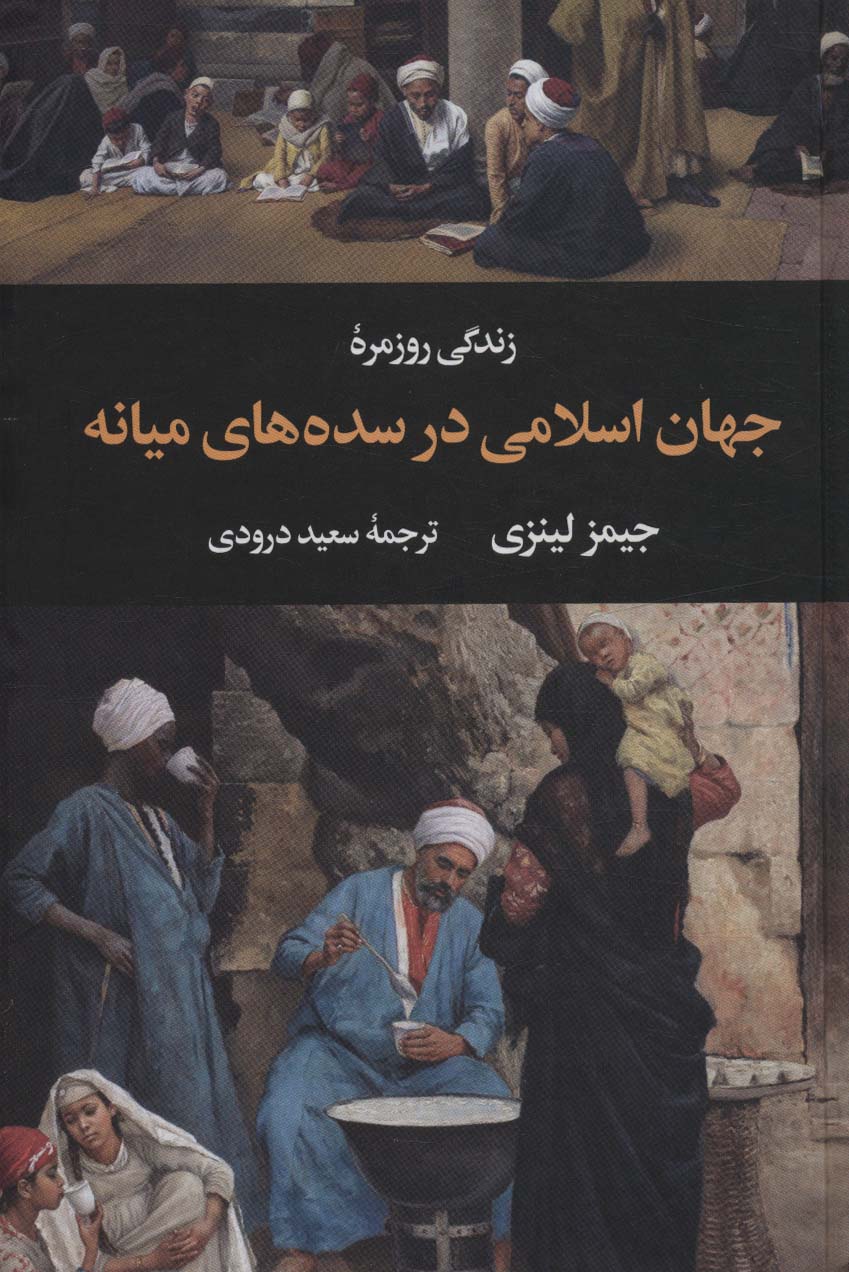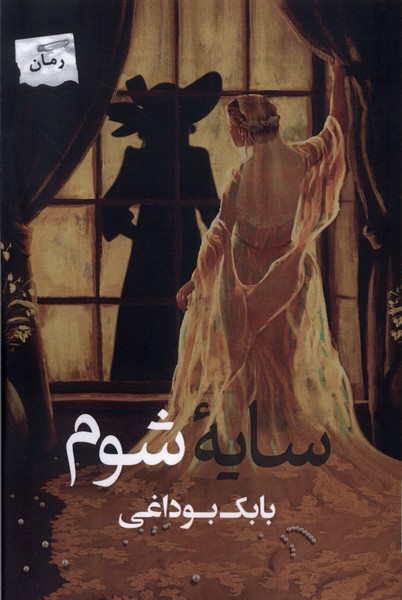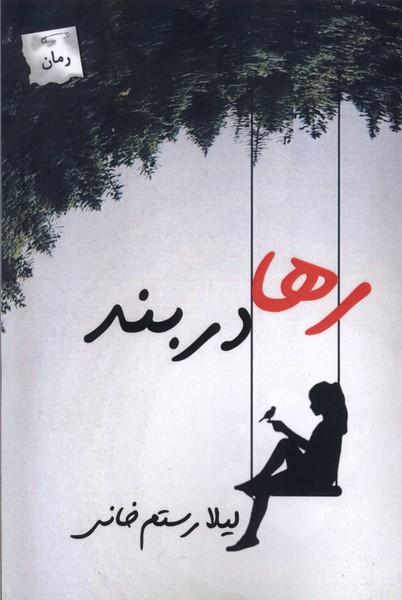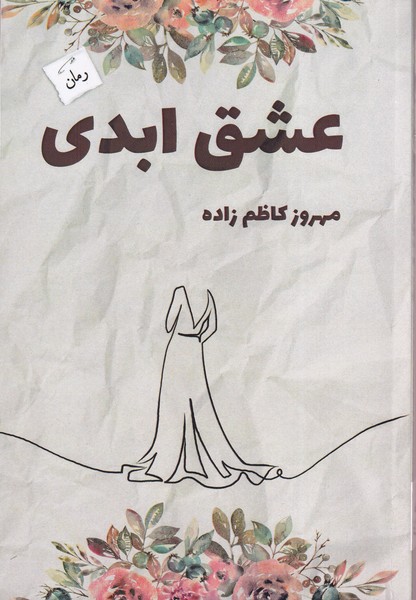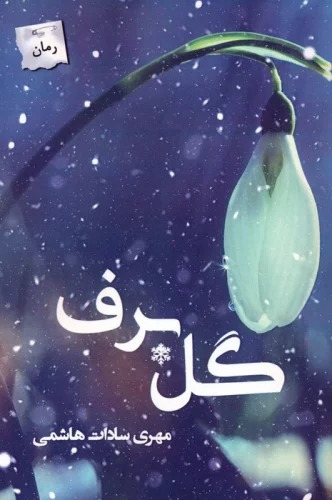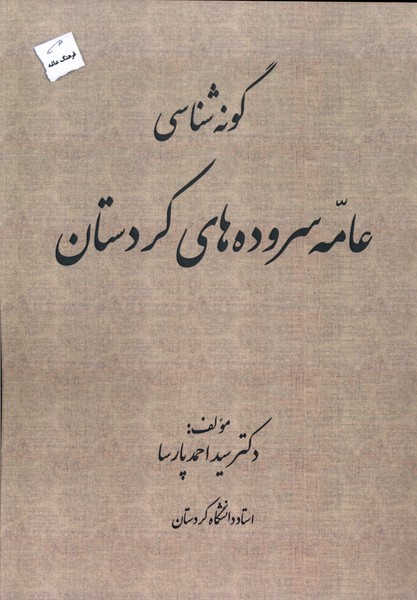Kābus'hā-yi Yik Zan-i Tanhā: Persiska (Farsi) 1403
زندگی روزمره خدایان یونان باستان
13,38 £
Dela
Wishlist
Originaltitel:
Vie quotidienne des dieux grecs
ISBN:
9786222675813
Översättare:
Sa'id Darrudi
Förlag:
Pursiman
Åldersgrupp:
Vuxen
Sidor:
488
Vikt:
622 g
Produktmått:
14 x 21 x 5 cm
Bokomslag:
Inbunden
Despite the rousing stories of male heroism in battles, the Trojan War transcended the activities of its human participants. For Homer, it was the gods who conducted and accounted for what happened. In the first part of this book, the authors find in Homer's Iliad material for exploring the everyday life of the Greek what their bodies were made of and how they were nourished, the organization of their society, and the sort of life they led both in Olympus and in the human world. The gods are divided in their human at once a fantasized model of infinite joys and an edifying example of engagement in the world, they have loves, festivities, and quarrels. In the second part, the authors show how citizens carried on everyday relations with the gods and those who would become the Olympians, inviting them to reside with humans organized in cities. At the heart of rituals and of social life, the gods were in sacrifices, at meals, in political assemblies, in war, in sexuality. In brief, the authors show how the gods were indispensable to the everyday social organization of Greek cities. To set on stage a number of gods implicated in the world of human beings, the authors give precedence to the feminine over the masculine, choosing to show how such great powers as Hera and Athena wielded their sovereignty over cities, reigning over not only the activities of women but also the moulding of future citizens. Equally important, the authors turn to Dionysus and follow the evolution of one of his forms, that of the phallus paraded in processions. Under this god, so attentive to all things feminine, the authors explore the typically civic ways of thinking about the relations between natural fecundity and the sexuality of daily life.
more
از قدیم مقولۀ روز که برههای کوتاه از «زمان» و لحظهای گذراست، توجه آدمی را به خود جلب کرده است. کرونوس که بعدها در حماسۀ ایلیاد، نام ویژۀ ربالنوع زمان شد، درواقع بهمعنای «یک دَم» و لحظهای زودگذر است. زندگی روزمره مختص انسان است نه خدایان. روزبهروز همان نیروی حیاتی کوتاهمدت است که به انسانهای فانی اختصاص یافته است؛ اما واژههای «همواره و همیشه» مختص خدایان است که با مفهوم روزبهروز بهکلی متفاوت است. از این روست که سخن گفتن از زندگی روزمرۀ خدایان متناقض مینماید. ایزدان بهکلی از انسانها متفاوتاند؛ «زمان» ویژۀ خود را دارند؛ مکان و سکونتگاهشان با آدمی متفاوت است؛ جسمشان غیربشری است و شبیه انسانها نیست؛ بسیار آراماند و چنانچه یک انسان ایشان را ببیند، دچار نحوست و بدبختی خواهد شد. حکایات متعددی دربارهشان نقل میشود؛ ماجراهایی ویژه برای آنها رخ میدهد، به سفر میروند، زندگی خاص خویش را دارند، و تفاوتهای خود را با انسانها تا میتوانند پنهان میکنند.
more

